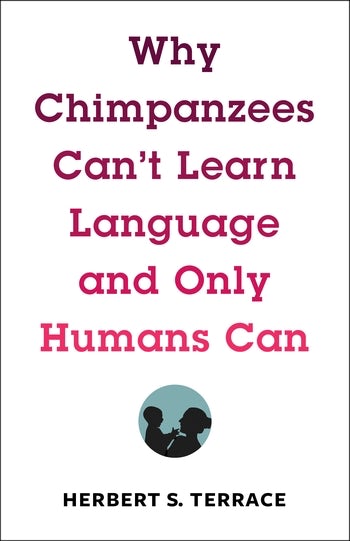Colin Dayan on the Role of Dogs in Triomf
Colin Dayan, author of the forthcoming Like a Dog: Animal Law, Human Cruelty, and the Limits of Care, recently reviewed Marlene van Niekerk’s unjustly overlooked 2004 novel, Triomf for Public Books.
The novel explores the lives of a poor white South African family in the immediate months before South Africa’s first democratic elections in 1994. The family is haunted by a legacy of sexual abuse and incest as well as the uncertainty of the nation’s future. Throughout the novel, van Niekerk, as Dayan shows, draws on the presence of dogs as reflective of both South Africa’s troubled history and as a way to explore moral questions. Dayan writes:
The dogs and the Benade clan who feed and love them force us to ask: what does conscience look like at the boundaries of humanity, at the edge of a cherished humanism? To read these pages is to experience a perspectival shift, a means of seeing otherwise or crosswise. “So, all in all,” as the narrator tells us, “the Benades haven’t got too much to complain about. That’s just the way things go in this world. In-out, on-off, here-there, dirty-clean, dog-dog.”

As Dayan shows, the dogs in Triomf also represent an escape for the characters in the book while also calling into question the limits and position of humanity:
From one sentence to the next the narrative shifts from a human character’s perspective to that of the dogs to statements that seem to be coming directly from the narrator. If humanity remains a position marked by relativity and uncertainty in this novel, it is because it shows non-humans—animals, plants, artifacts, celestial bodies, even appliances—possessing an anthropomorphic essence or power.
Watching with the dogs, talking to them, allows Mol to escape, if only briefly, the casual cruelty and commonplace bother of her human family. When things get rough to live through or watch on TV—people shot, bullet holes and blood—then she can announce that she’s taking the dogs outside and nobody suspects a thing


